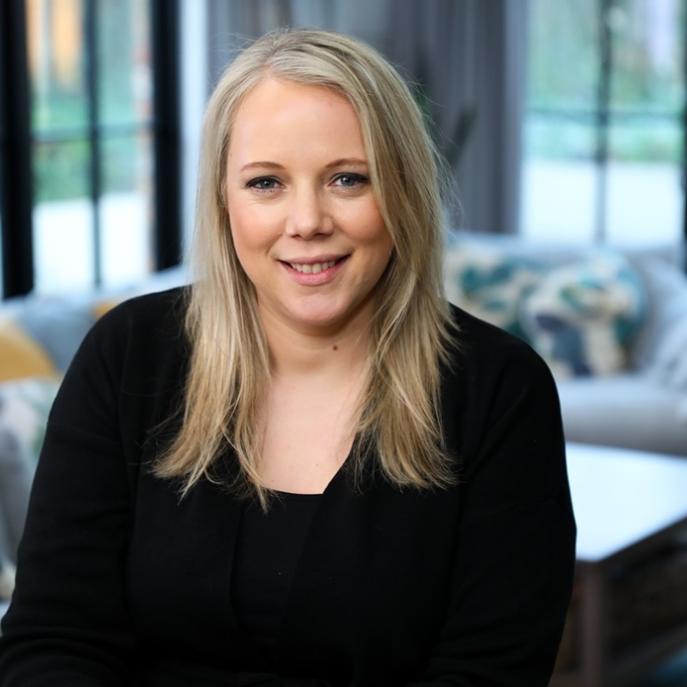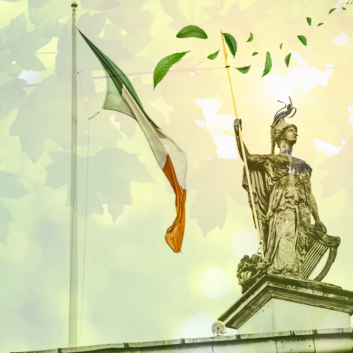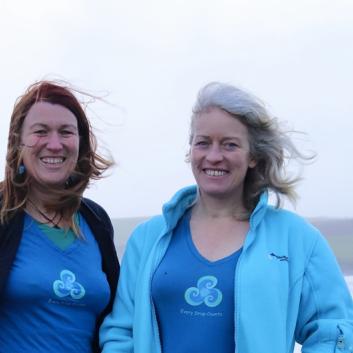Building the business case for biodiversity in Ireland
The World Economic Forum warned in 2020 that, based on the New Nature Economy Report, approximately $44 trillion of economic value is at moderate or severe risk due to nature loss.
The continued loss of biodiversity and degradation of nature is a looming threat to businesses and communities alike.
“Businesses have a critical role in nature stewardship, but it is challenging to bring their attention to biodiversity and make the link between their operations and impacts visible,” says Lucy Gaffney, Platform Manager at Business for Biodiversity Ireland.
She adds that while some companies are more dependent on and related to nature than others, most have some relationship with it regardless of size or industry.
“A bank, an agribusiness, or a mining company has a completely different relationship with nature.”
According to Lucy, one standard practice is that organisations tend to externalise their impact, which can give the illusion of minimal responsibility and impact.
“It`s the case with Ireland, where you often hear the argument falsely claiming that we are such a small island, so we have no significant impact on biodiversity. In reality, we are very good at using supply chains, leaving the troubles outside the country.”

But the risks and responsibilities are real, adds Lucy when she explains why businesses should care about this issue more.
She highlights that even though the latest CSRD reporting (Corporate Sustainability Reporting Directive) will not directly apply to most SMEs, they will be forced to deal with sustainability issues as they are part of bigger organisations' supply chains, which will include nature-related issues.
Business for Biodiversity Ireland focuses on creating a safe space and an inspirational community where companies can learn how to connect their operation and strategy with nature.
They are building a multi-sector platform on the pillars of raising awareness, facilitating collaboration, influencing policy, and inspiring action so businesses can mitigate nature-related risks while maximising opportunities and integrating nature into their decision-making.
The organisation aspires to bring together leaders through active participation to share learnings with a learn-as-you-go approach since adopting meaningful biodiversity strategies can be even more complicated than carbon management.
“When you are experimenting with new ideas, there is a fine line between being courageous and being accused of greenwashing. This can lead to greenhushing, a term for consciously concealing sustainability efforts.”
Lucy points out that learning always includes making mistakes, and they try to encourage open and honest discussions that could lead to better solutions.
A critical part of establishing a meaningful biodiversity strategy is identifying the company`s true influence and impact and building a meaningful, long-term plan around that.
To support that process, Business for Biodiversity Ireland created a library of resources available for businesses that would help them better understand how to contribute to a nature positive economy and what the benefits are.
Some guidelines on their website include a Nature Positive Roadmap, a Finance for Biodiversity guide, and a Nature Disclosure tool.
Lucy shares that their role, among others, is to translate and simplify complex concepts so companies can easily see the connection and take action.
“We need to present a distilled version of extensive frameworks, reports, or whitepapers to cut through the noise and make them relevant for decision-makers, providing clear steps they can take.”

Educational activities are also needed to translate biodiversity and make a business case for nature.
“Most people associate biodiversity with pollinators, which is a great first step but not the whole picture. Focusing only on pollinators in communication can actually become misleading since other equally important areas get sidelined because of that.”
She explains that the All-Ireland Pollinator Plan was a very successful campaign and had an overarching positive impact on preserving wildlife in this particular area.
However, Lucy sees this as drifting into dangerous territory by implying that you can tick biodiversity off your list if you are good with pollinators.
“We have so much more that we should discover and protect in Ireland.
Our marine environment is fascinating, and having a natural rainforest that could be restored and expanded along the West Coast is a unique opportunity we could embrace.
Not to mention that an iconic indicator species, the Hen Harrier, also known as the Sky-Dancer, is disappearing from our habitat, but we still have the chance to save it.”
Lucy believes we need to foster more investment-ready biodiversity projects with measurable outputs to help channel attention and finance.
Companies like An Post, Bank of Ireland, or Bus Éireann are already signing up to join Business for Biodiversity Ireland and become more involved with their work through membership, which involves participating in Community of Practice workshops that provide great learning opportunities.
















